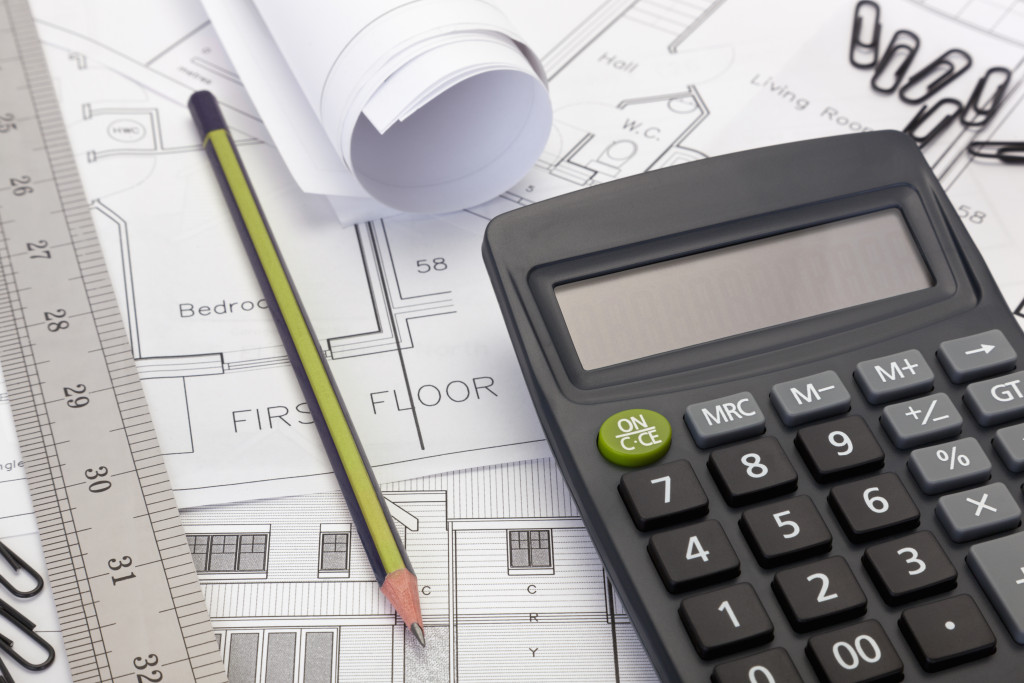Planning to build a new home is an exciting process, but it’s important to remember that a lot of things need to be done before the first shovel of dirt is turned. Here are five preparation steps that will help make the process smoother and reduce the chances of problems down the road.
1. Choose the Right Location
The first step in preparing to build your new home is to choose the right location. This may seem like a no-brainer, but there are a lot of factors to consider when picking a spot for your new house. Things like the size of the lot, proximity to amenities, and schools in the area can all play a role in your decision.
You’ll also want to ensure the land is zoned for residential construction and that there are no easements or other restrictions that could limit what you can do with the property.
You can hire professional real estate help to scout potential locations and narrow your options. Remember, the area of your new home is one of the most critical decisions, so take your time and choose wisely.
2. Get Your Finances in Order
No matter how you’re paying for your new home, getting your finances in order before starting the construction process is important. For that, you have to get pre-approved for a mortgage (if you’re going that route) and line up any other funding you’ll need.
You should also create a realistic budget for the entire project, including not only the cost of construction but also things like landscaping, fencing, and other exterior features. It’s better to be safe than sorry when it comes to your finances, so err on the side of caution when estimating costs.
You can talk to a financial advisor or your bank to get help getting your finances in order before you start building your new home. These professionals can offer guidance on the best way to finance your construction project and budget for all the associated costs.
3. Hire a Qualified Contractor
Once you’ve sorted out the finances, it’s time to start looking for a qualified contractor to build your new home. This is arguably the most important step in the entire process, as a bad contractor can cause all sorts of problems, from cost overruns to subpar workmanship.

When interviewing potential contractors, be sure to ask for references and check them thoroughly. It’s also a good idea to visit some of the contractor’s past projects to get an idea of their quality of work.
Don’t be afraid to negotiate on price, but beware of any contractor who quotes you a price that’s significantly lower than their competitors. In most cases, you’ll get what you pay for when it comes to home construction.
4. Pull the Proper Permits
Before any work can begin on your new home, you need to make sure all the proper permits have been pulled. The last thing you want is to get halfway through construction only to be hit with a stop-work order because you didn’t have the right permits.
In most cases, your contractor will take care of this step, but it’s always a good idea to double-check that everything is in order before work begins. The last thing you want is delays or problems down the road because of something that could have been easily avoided.
Check with your local building department to find out what permits are required for your project. They can also let you know if you need to be aware of any special requirements or restrictions.
5. Prepare the Site
Once you have all the necessary permits, it’s time to start preparing the site for construction. This usually involves clearing the land, grading the property, and putting in any utility lines or other infrastructure that will be needed.
The extent of site preparation required will depend on the size and scope of your project, but in most cases, it’s best to leave this work to professionals. Not only will they get the job done quickly and efficiently, but they’ll also know how to avoid any potential problems.
You can talk to your contractor or the building department to get advice on who to hire for site preparation. In some cases, the same company that handles your excavation and utility work can also do the site preparation.
There you have it! By following these five essential steps, you can avoid potential problems and make sure your new home construction project goes smoothly from start to finish. So don’t wait any longer; get started today!
